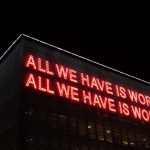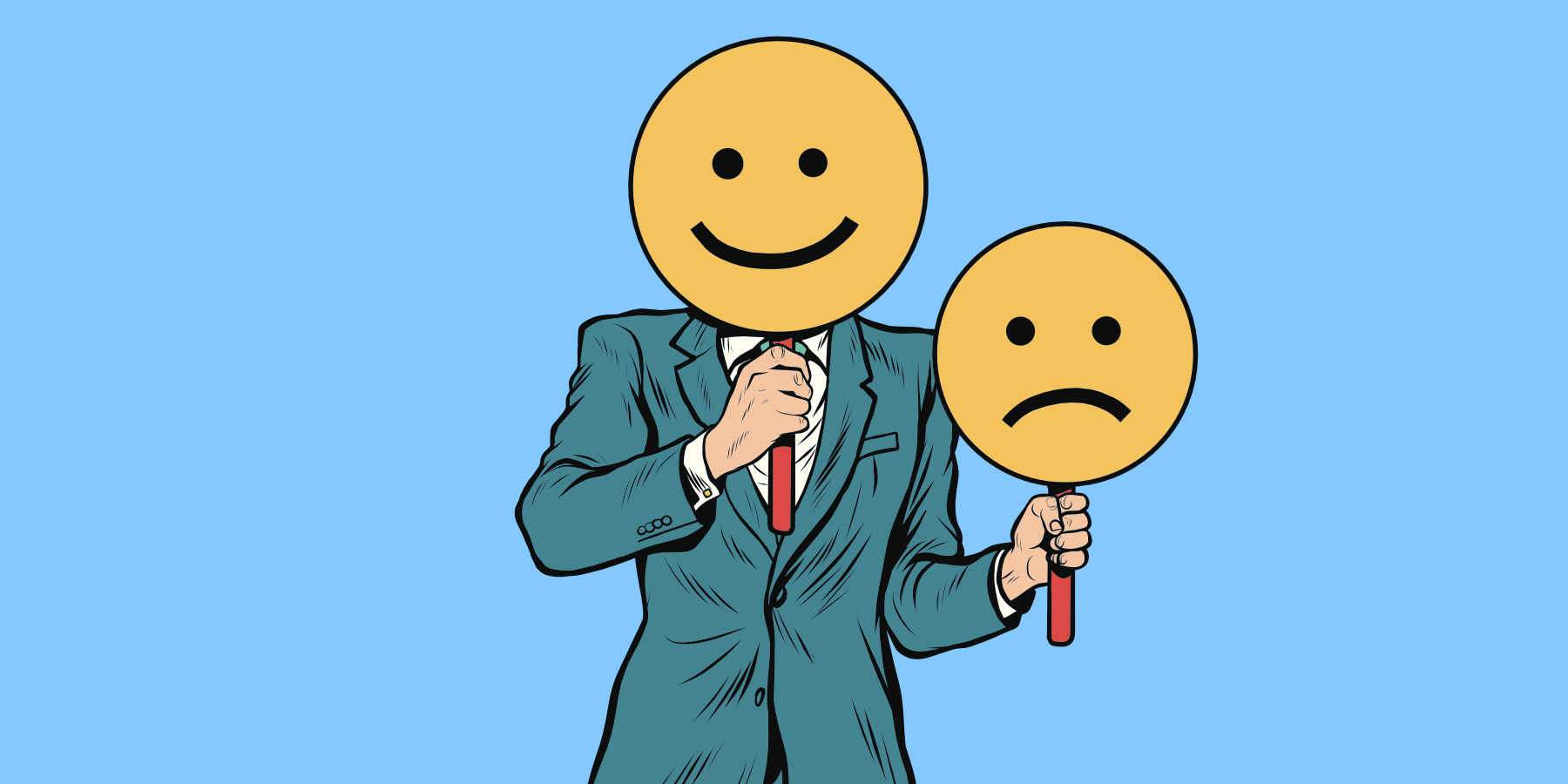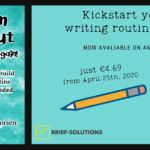…and start learning the better (and faster) way now
Instead of focusing on mistakes, you have to pay attention to where you want to go, and what is helping you in that direction.
I am currently, with great enthusiasm, reading my colleague Paul Z. Jackson’s latest book; – “Easy – Your Lifepass To Creativity and Confidence“.
 It is a practical book about improvisation and how the ability to improvise can be beneficial to your work and your life. It is about being creative and remaining flexible within a given (and sometimes very tight) frame.
It is a practical book about improvisation and how the ability to improvise can be beneficial to your work and your life. It is about being creative and remaining flexible within a given (and sometimes very tight) frame.
For me, as someone who is self-employed and provides training for likeminded sole traders, entrepreneurs and small businesses, the book is extremely relevant. It is a character of our small size that whatever we do has an immediate effect on our business. Therefore, it is of crucial importance to be able to be flexible and aware about what we initiate and what impact it has on our surroundings.
The chapter in which Paul focuses on the myth about having to make mistakes especially intrigues me.
At last!
– Finally the established belief that one has to make mistakes in order to learn or succeed is being challenged. I often experience this, to me, overwhelming focus on mistakes, especially in well-meaning blogs and newsletters for self-employed and entrepreneurs.
“The five worst mistakes you make”, “Three mistakes you must stop making”, “You don’t know it, but here is why your customers leave you”.
Great. Just what I need. Rub it in my face.
Thank you but no thank you.
I need to compare my actions to my goals and look at what is working, at least just a little bit, and how I can do more of that.
If I have lost a customer, what am I then to do with knowledge about all the things I have done wrong? It is completely useless information. I can move forward much faster, and learn more in the process, by having an entirely different focus.
I have been self-employed since 1997 and believe me; I have done a lot of things (a lot) that weren’t beneficial for neither my finances nor my professional development.
When I look back at this, I could choose to drown myself in my mistakes. Instead I have learned to look at what – despite everything else – went well or relatively well, and how this can be helpful to me at another time.
Any ‘learning value’ resides overwhelmingly with the success.
– Paul Z Jackson, Easy
Check for yourself
Think back at one mistake you have made, and rather than becoming irritated or feeling like an idiot, ask yourself the following questions:
- What was the best thing you did under the given circumstances?
- What would others around you say was the best you did (your customers, colleagues, friends etc.)?
- If you were to repeat what you did back then, what would you do more of or different this time?
- What reaction do you think this would initiate (for your customer, colleagues etc.)?
I say that if we ask ourselves these kinds of questions rather than jumping into the big black hole to study all details about our mistakes and the causes of them, we can learn much more. It also gives more energy and strengthens our optimism!
If we are less harsh on ourselves when making a mistake, we can recover more quickly and deploy more energy into returning to the activity in a better state.
– Paul Z Jackson, Easy
We need to be able to learn quickly and to correct our direction when necessary, and we have to avoid burning out, because there is no HR department, team leader or boss who can help us.
Instead we have to train ourselves in becoming more resilient, better at approaching challenges as they arrive and using them to move forward, especially when everything isn’t going according to plan. Precisely here, improvisation is an excellent tool.
Ever tried. Ever failed. No matter. Try Again. Fail again. Fail better.
– Samuel Beckett
I think that when so much focus is on mistakes, being “brave enough to make mistakes”, to be able to “learn from one’s mistakes”, and so on, the intentions are basically good. But there is too much focus on the mistaking itself. Because what we focus on is what we see.
And when focusing on mistakes we will see mistakes. Lots of mistakes.
To me this is a waste of valuable time that could be spent way better. In other words: we should focus on successes, or part-successes that we can build on, rather than on mistakes we have to run away from.
Creative Entrepreneurship
When we in Edgeware work with sole traders, small businesses and entrepreneurs, we ask people to focus on what they are doing well. And on how this can help them in the future.
Suddenly, mistakes of the past are put into play as interesting and useful resources. When the talk is about future initiatives, products, development and so on, the point is to do more than merely set a goal and make a strategy. It is to be aware, flexible, and harness the ability to improvise, under the given circumstances, when it is necessary.
It’s easy to ask people to just “see the positive side”. But when we take the “yes, and …” attitude from the world of improvisation, more possibilities for actions pop up for us to choose between.
And here lies another important point from Paul’s book: the more options for action we are aware of, the less stressed we are in situations in which we are under pressure. Yet another reason to stop focusing on mistakes!
“When we remove the fear of making mistakes, we are smoother and make fewer mistakes.”
– Paul Z Jackson, Easy
What is done is done, and we can’t change the past, but we can make sure it doesn’t stand in the way for our future!
Is improvisation then all we need? No, the hard work can’t be avoided (sorry), but I think that improvisation is a very important part, a foundation, that can make difficult situations at least a little bit less difficult, which makes Paul’s book valuable reading.
Jesper H Christiansen has been working independently since 1997 and is a part of Edgeware Creative Entrepreneurship. He specializes in helping sole traders and small sized businesses under the Edgeware slogan:
Make money. Have fun. Change the world.
We believe (and know) that it is possible to make a decent living while having fun and running your business in an ethical and socially responsible way.
Read more: EDGEWARE.eu










